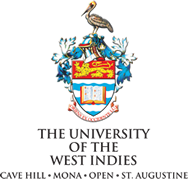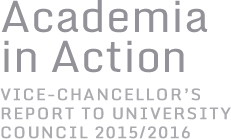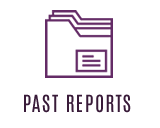A UNDP Socio-economic Impact Assessment of the Zika Virus in Latin America and the Caribbean reveals that beyond "economic costs...the Zika virus has the potential to widen gender and health inequities." Due to higher risk of exposure and the absence of social safety nets, the poorest and most vulnerable bear the highest cost of the virus, with women carrying the heaviest burden.
The spread of Zika and its effects go beyond the health sector, to include issues related to housing, sanitation, gender inequality, socio-economic status and urban infrastructure. Combating the virus therefore requires a multi-sector response involving a wide range of stakeholders. The University of the West Indies (UWI) regional symposium to address Zika in March 2016 in Barbados, brought together UWI experts, CARICOM leaders, technical experts from the regional ministries, Caribbean tourism organizations, international health agencies and members of the diplomatic corps, to plan joint responses to this public health threat.
Mere days after the WHO declared Zika a public health emergency, The UWI Vice-Chancellor also convened a regional Zika Task Force of eminent scientists, clinicians, educators and public health leaders to coordinate the university’s response and lend expert advice and consultative support to the region. The Task Force offers The UWI’s research expertise and capacity in areas of vector control, clinical research, laboratory assay development, economic impact analysis, education, grant resource mobilization, patient database management, and communication. A major European Union Horizon 20/20 ZikAction grant was awarded to Task Force member, Prof. Celia Christie-Samuels, to fund research investigating the link between maternal Zika virus infection and the development of foetal brain abnormalities in Caribbean populations.
The UWI has also taken the lead in the area of Guillain-Barré syndrome (GBS) monitoring, by developing a Caribbean Zika GBS database. This was rolled out to Caribbean neurologists and critical care physicians in November 2016, with the assistance of the Pan-American Health Organization (PAHO).



 (L-R) Professor Clive Landis Deputy Principal of The UWI Cave Hill and Vice-Chancellor, Professor Sir Hilary Beckles engage the media at a regional Zika press conference held by The UWI in March 2016.
(L-R) Professor Clive Landis Deputy Principal of The UWI Cave Hill and Vice-Chancellor, Professor Sir Hilary Beckles engage the media at a regional Zika press conference held by The UWI in March 2016.


